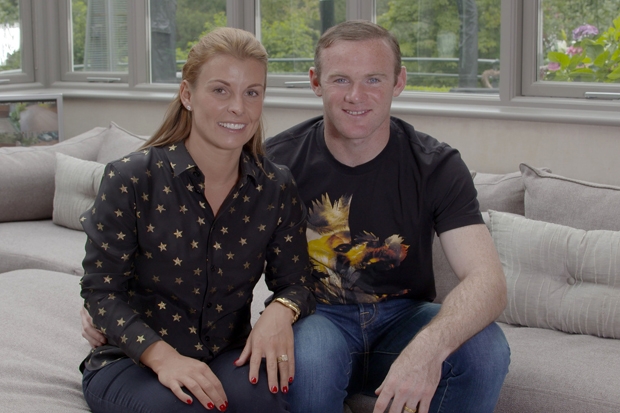Close to the Edge (BBC4, Tuesday) feels very much like an idea conceived during a particularly good night in the BBC bar. Why not take the ‘scripted reality’ methods of such youth hits as The Only Way Is Essex and apply them to a group of over-65s living in Bournemouth?
So it is that the chosen oldies are given one main characteristic each, and required to act out events from their own lives — events that might or might not have happened if the cameras weren’t there. Or as Tuesday’s opening caption rather optimistically put it, ‘Some of the scenes have been constructed purely for your enjoyment.’
Which scenes these were, the programme didn’t of course specify. But judging from the wooden way in which much of the dialogue was delivered — even including the word ‘hello’ — I’m guessing it was quite a lot.
We did get occasional moments of the promised enjoyment, most supplied by John, a comedian by profession, but here cast in the role of Older Man Looking for Love. Early on, he approached two women of his age in a supermarket and made a few jokes about how fat he is: a procedure he unexpectedly described afterwards as ‘chatting them up’. Later, another female peer failed to cheer him up as much as she hoped by assuring him that ‘some women like them cuddly’, especially when she added ‘I’m not one that does.’
Even so, this sort of show naturally stands or falls on whether you mind a television documentary giving itself permission to make things up — and, at the risk of being on the wrong side of history, I think I do. About halfway through, John told friends that one reason he was nervous about dating again was that he’d nursed his wife ‘to the bitter end’, and didn’t want to risk going through the same experience with anybody else. By being both so obviously heartfelt and so wholly believable, it was a remark that stood out vividly from almost everything else in the programme.
Otherwise, Close to the Edge followed the usual television policy of rejecting all those hideous stereotypes about old people behaving like old people, preferring to emphasise how they’re up for everything, from founding businesses to hurtling along on zipwires.
Sadly, this only goes to show that TV still hasn’t taken any notice of a letter of complaint written by Grandpa in The Simpsons as long ago as 1990. ‘I am disgusted with the way old people are depicted on television,’ he protested. ‘We are not all vibrant, fun-loving sex maniacs. Many of us are bitter, resentful individuals who remember the good old days when entertainment was bland and inoffensive.’
On the plus side, though, this does mean that Grandpa would have loved Rooney: the Man behind the Goals (BBC1, Monday) — which accorded its subject roughly the same level of reverence as Sir Alastair Burnet’s royal documentaries used to give theirs.
Taking the Sir Alastair role here was Gary Lineker, who began by stressing the mystique that surrounds a ‘man watched by millions, known by few’. Sticking to the royal-doc template, he then revealed that in private Wayne Rooney is a loving family man, who likes nothing better than playing with his kids and joshing affectionately with wife Coleen. Meanwhile, all those old tabloid tales were dispatched in a couple of enigmatic euphemisms about him being a bit silly when young, followed by repeated assertions of his new-found maturity.
The programme certainly reminded us what a footballing prodigy Rooney was. (When he became the youngest player to score for England, Coleen, already his girlfriend, was still at school.) Yet, even here, there was an unmistakable sense of pulled punches. Several former England teammates remembered thinking that he could end up alongside Pele and Maradona as one of the indisputable football greats. So why hasn’t he? The question went entirely unanswered, not least because it also went entirely unasked. Instead, Gary simply invited a few more celebs to praise Rooney to the skies and tell us again how mature he now is, before moving into his peroration about the man’s place among ‘an elite group of international stars who transcend the game’.
In fact, there’s no denying that Rooney did come across very well — but then again, that was transparently the idea. The closing credits included a shamelessly big thanks to Paul Stretford, without mentioning that Stretford is Rooney’s famously powerful agent (and a man who may not have much to learn, even from palace officials, about controlling a documentary). In other words, I have a strong feeling that Close to the Edge might not have been the BBC’s only scripted reality show of the week — with The Man behind the Goals also containing some scenes that were perhaps constructed purely for our enjoyment.







Comments